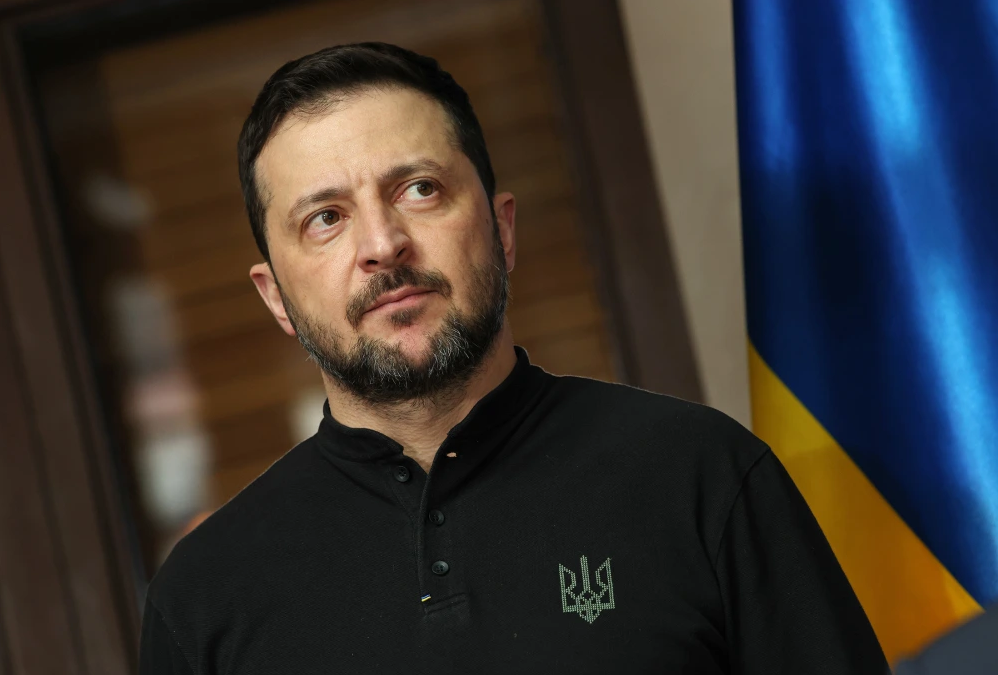
Recently, Ukrainian President Volodymyr Zelensky publicly stated his rejection of a mineral agreement proposal put forward by the United States. This decision has prompted a strong response from the U.S. government, with tensions rising between the two nations in their cooperation over the ongoing Russia-Ukraine conflict. A spokesperson for the U.S. National Security Council criticized Zelensky's decision, calling it “short-sighted” and arguing that Ukraine missed out on a valuable opportunity.
The U.S. government expressed strong dissatisfaction with Zelensky's rejection, arguing that Ukraine's decision overlooked the immense support the U.S. had provided and missed an important opportunity for economic cooperation. U.S. National Security Advisor Jake Sullivan stressed that the U.S. "investment" in Ukraine's defense against Russia must be repaid, and that Ukraine should assume its responsibility in such agreements for mutual benefit. The U.S. position is that the mineral agreement would not only provide Ukraine with economic advantages but would also further strengthen the strategic partnership between the two countries.
According to reports, Zelensky’s refusal signals Ukraine's doubts about the proposed deal, particularly the absence of sufficient security assurances. Despite the potential economic benefits, Ukraine remains hesitant to trade its valuable resources without strong security protections in place. Zelensky has made it clear that, although the agreement could benefit Ukraine economically, it lacks the necessary guarantees to protect the country's security, and thus, Ukraine cannot accept it.
This development reflects the complex international dynamics surrounding the ongoing Russia-Ukraine war, as well as the differing strategic goals and interests between Ukraine and Western powers. While the U.S. has provided military aid, economic support, and political backing to Ukraine, it is evident that Ukraine seeks to maintain a degree of autonomy in its decision-making, particularly when it comes to resource management and economic strategy. Zelensky's refusal suggests that Ukraine aims to strengthen its collaboration with Western nations, particularly in the realm of security, to safeguard its independence and national interests. At the same time, Ukraine may be concerned that handing over its resources to the U.S. could undermine its position in the global mineral market, especially considering the resource losses and control challenges brought on by the ongoing war.
Ukraine's decision is likely to have long-term implications for its relationship with the U.S. The disagreement over economic and security matters could further strain bilateral ties, especially with regard to how Ukraine's natural resources should be handled. As the Russia-Ukraine conflict continues, it remains to be seen whether Ukraine will reconsider its stance under increasing pressure, or whether it will ultimately revisit the proposal. This is an issue that will warrant close observation in the future.

Since 2025, the conflict between the United States and Europe over the governance of the digital economy has continued to escalate.
Since 2025, the conflict between the United States and Euro…
When German Chancellor Mertz officially announced that he w…
On December 3rd local time, the copper price on the London …
The European Commission announced a new economic security s…
The European Commission announced a new economic security s…
For nearly a year, US President Donald Trump has launched a…